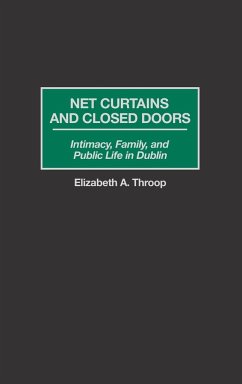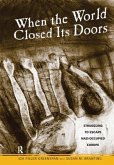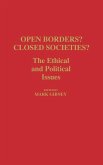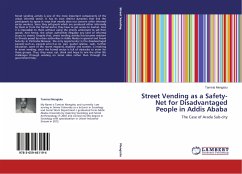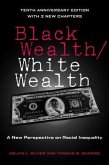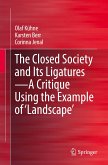It has been argued that the family is a clearly bounded center of love and emotion in the lives of people. It is a center which is separate from more public arenas. The Irish family, however, has until recently had neither clear boundaries nor overt emotional nurturance. This is due in large measure to English Colonialism and the influences of the Catholic Church upon Irish culture. English colonialism and the strong strain of Irish Catholicism have subjected Irish cultural understandings of private life to extensive Church and government intervention. This has influenced the Irish experience of marriage, family life, community, and work. These disparate areas of life are, for the Irish, more similar emotionally and behaviorally to each other than they are different. In addition, the Irish generally live in small, face-to-face communities, even in urban areas, meaning that people are uncomfortable with too much self-disclosure and rely on long-term interaction to create closeness. Events, not emotions, are analyzed. While some social scientists argue that the modern or postmodern self is somehow less authentic than those living in primitive societies because different aspects of life are fragmented and disconnected (for example home and work), the author shows how among the families she studied in Ireland the notion of dichotomies is somewhat false, and that people's relationships in the different arenas are not very different.
Hinweis: Dieser Artikel kann nur an eine deutsche Lieferadresse ausgeliefert werden.
Hinweis: Dieser Artikel kann nur an eine deutsche Lieferadresse ausgeliefert werden.

